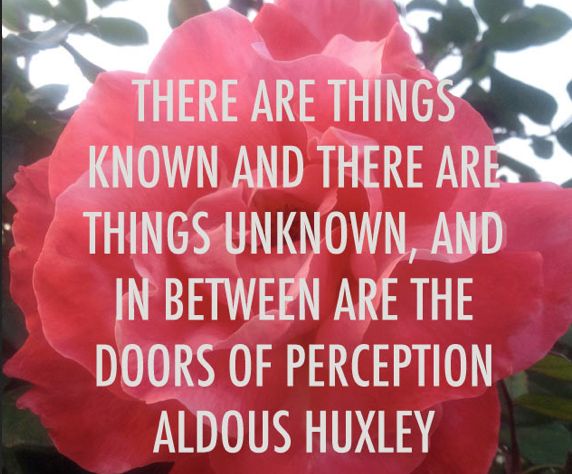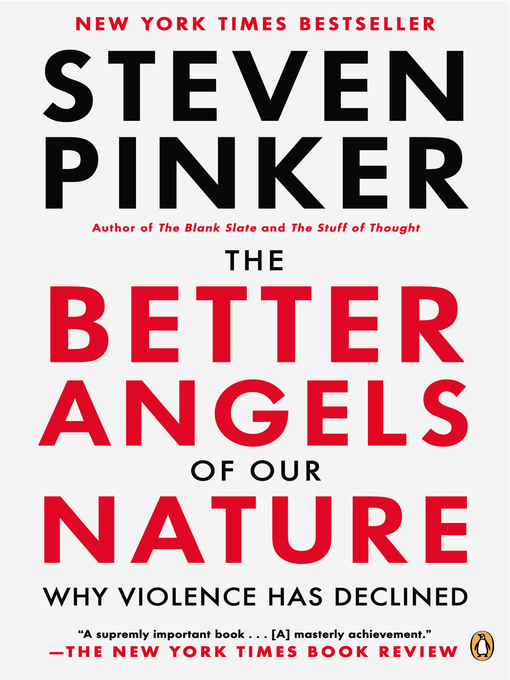Choose your personal quote A-B-C:
B
Five minutes
of understanding
BUT ...
Informed readers
will always perceive that
they live in
dangerous times.
TWO INTERVIEWS
with Steven Pinker
ONE -
The Better Angels of our Nature- 2011 -read his Q & A
interviewer (4:50 minuts):
- Definition of violence
- use of numbers: absolute vs relative
- ut futility of war
- any sense of progress?
We’ve all had the experience of reading about a bloody war or shocking crime and asking, “What is the world coming to?” But we seldom ask, “How bad was the world in the past?” In this startling new book, the bestselling cognitive scientist Steven Pinker shows how the world of the past was! With the help of more than a hundred graphs and maps, Pinker presents some astonishing numbers.
TWO -

With Bill Gates
.----- link
GATES comments on the book
.... link
- For years, I’ve been saying Steven Pinker’s The Better Angels of Our Nature was the best book I’d read in a decade. If I could recommend just one book for anyone to pick up, that was it. Pinker uses meticulous research to argue that we are living in the most peaceful time in human history. I’d never seen such a clear explanation of progress.
I’m going to stop talking up Better Angels so much, because Pinker has managed to top himself.
His new book, Enlightenment Now, (2018) is even better. link
ADDENDA
How Not to Be Ignorant About the World
Hans Rosling's 200 Countries, 200 Years,
- The Joy of Stats - BBC Four
Murray Gell-Mann Scientist
http://www.webofstories.com/themes
http://www.webofstories.com/storytellershttp://www.webofstories.com/storytellers
Hans Rosling's famous lectures combine enormous quantities of public data with a sport's commentator's style to reveal the story of the world's past, present and future development. Now he explores stats in a way he has never done before - using augmented reality animation.
In this spectacular section of 'The Joy of Stats' he tells the story of the world in 200 countries over 200 years using 120,000 numbers - in just four minutes. Plotting life expectancy against income for every country since 1810, Hans shows how the world we live in is radically different from the world most of us imagine.
Rounding off: WEB OF STORIES -video and script
Web of Stories began as an archive of life stories told by some of the great scientists of our time. As the number of stories grew, it became obvious that some were on related topics and a web was slowly being created of connected stories. After a while we also invited famous people outside the field of science to tell their life stories.Our aim has been to provide an archive of stories from people who have influenced our world. Imagine, in a hundred years' time, future generations being able to watch people like Stan Lee, Doris Lessing or James Watson telling stories about their lives and their achievements.
Murray Gell-Mann Scientist
http://www.webofstories.com/themes
http://www.webofstories.com/storytellershttp://www.webofstories.com/storytellers




No comments:
Post a Comment